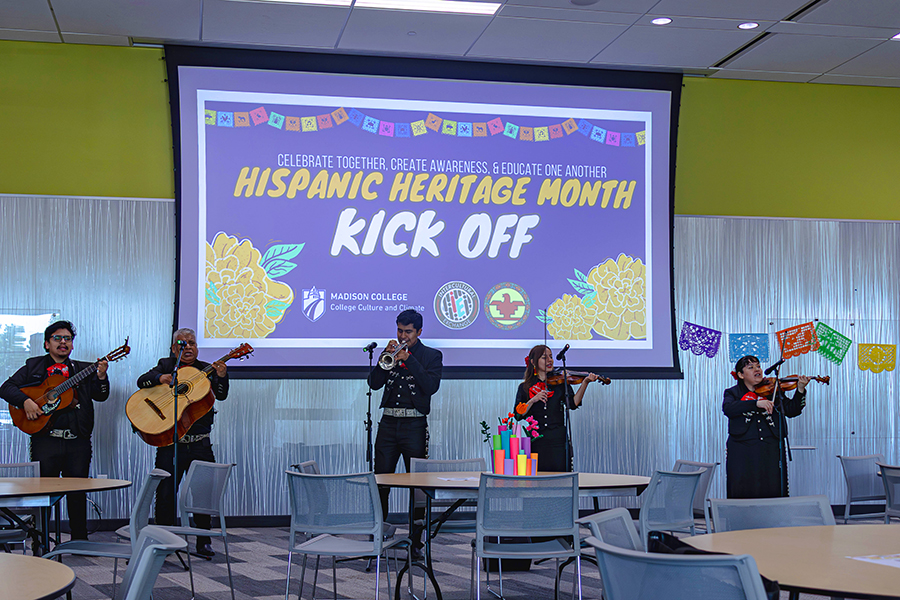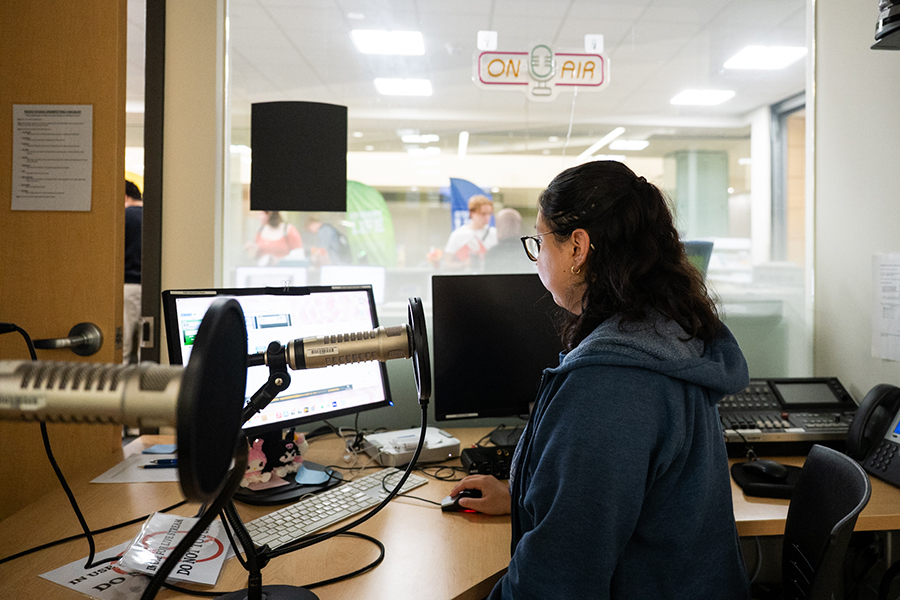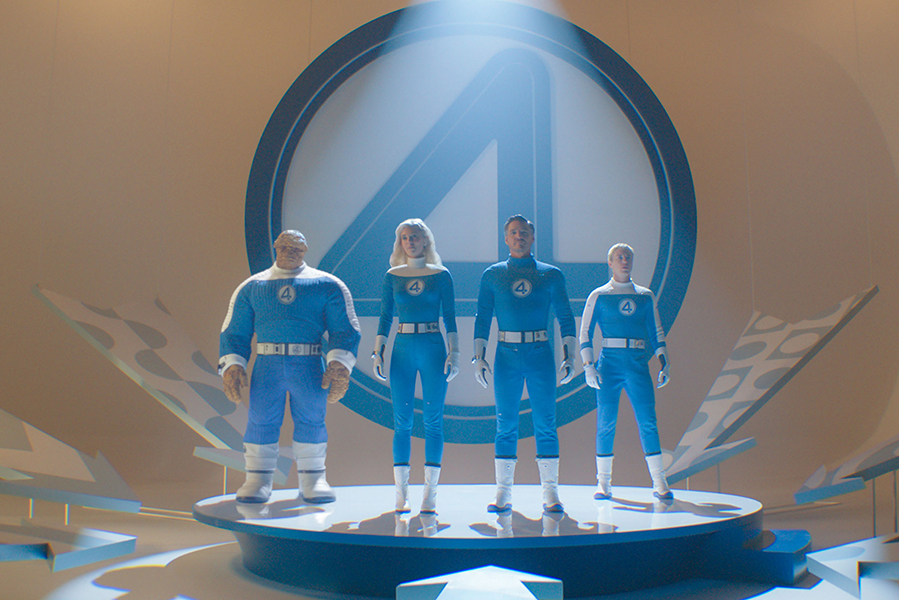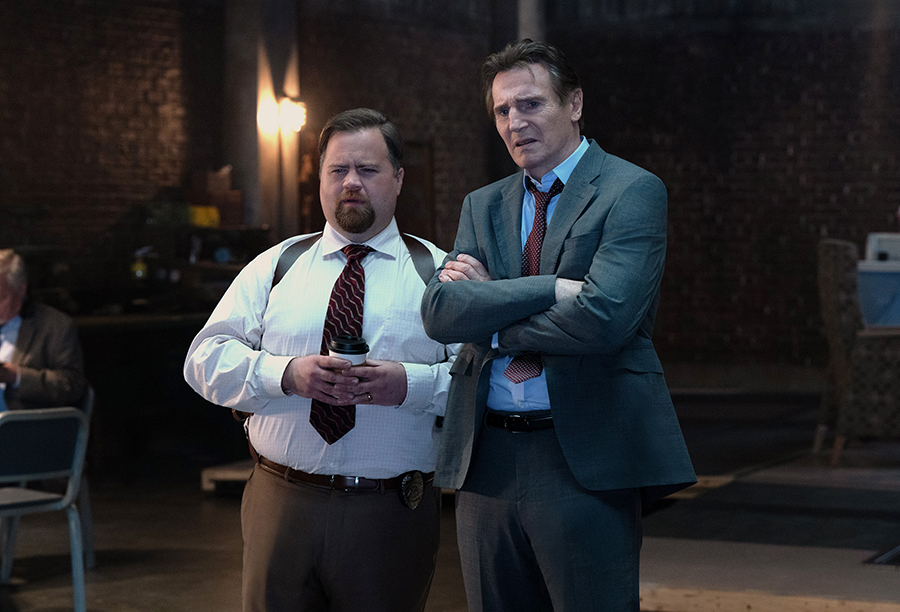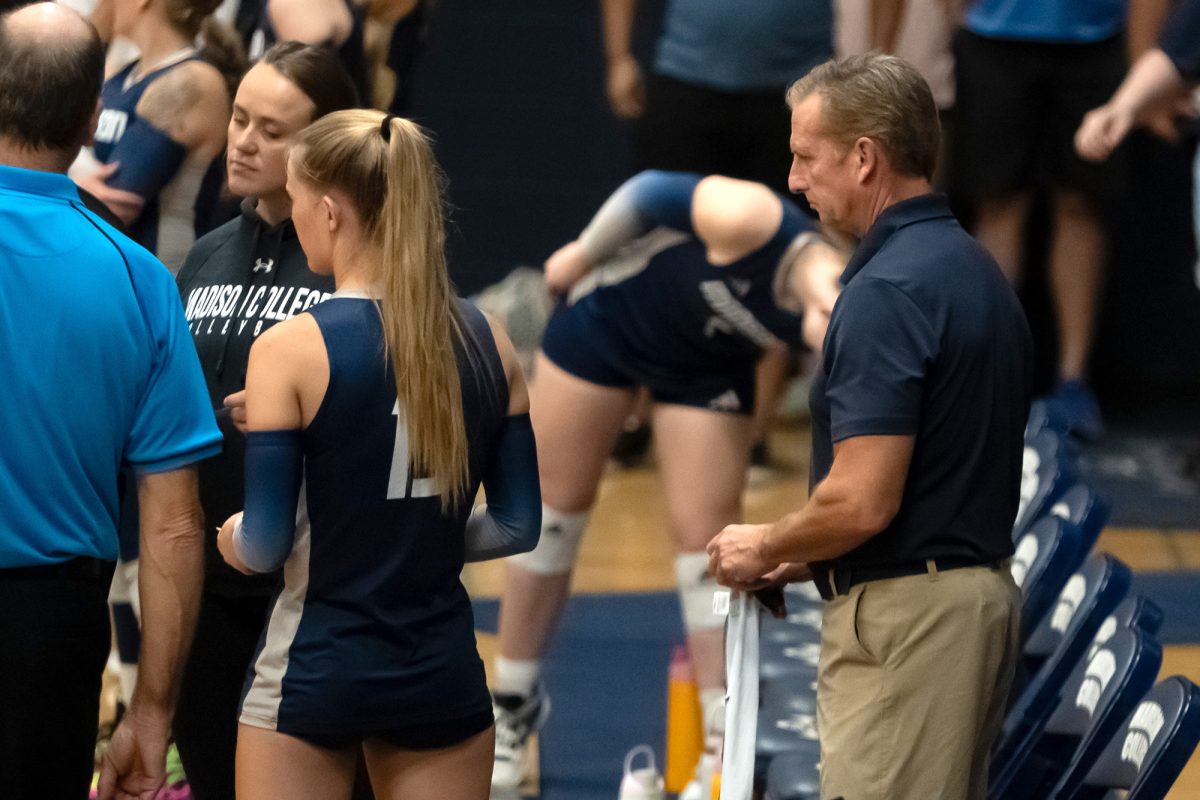From Madison College to The Grifter’s Club
Sarah Blaskey, a former managing editor at The Clarion, writes a book about President Trump
Sarah Blaskey, far right, is one of four Miami Herald reporters who collaborated on a book about President Trump called “The Grifter’s Club.”
September 2, 2020
Sarah Blaskey, an investigative reporter for the Miami Herald and author of “The Grifter’s Club,” did not take a traditional path.
After transferring to UW-Madison from Madison College, she chose to drop out in favor of a new experience.
“I moved to Latin America thinking ‘Oh, I don’t need a degree. I’m going to be a journalist.’ Then every time something happened, I went. I footed my own bill working as a tour guide on the side and went every single time.”
Eventually, not having a degree became an issue, prompting her to finish her degree online through UW-Milwaukee. In 2017, she graduated from a master’s program at Columbia University with a specialty in investigative reporting.
After working as a fellow at Columbia University, Blaskey found herself interning at the Miami Herald before being hired on as a municipal enterprise reporter. Most recently, as a result of her work on a story about businessman and Chief Executive Officer of the New England Patriots Robert Kraft, she was hired to the investigative team as a data reporter.
Through the years, Sarah Blaskey’s perspective on journalistic duty has widened.
“In the past, I thought that you had to have an opinion . . . over time, I realized that a strong democracy and all of these principles that were driving me were dependent on a free and independent press,” she said.
Ultimately, she attributes many of her contributions to the fact that she has been able to set aside her beliefs in order to listen to where others are coming from.
This is a skill that she has applied to her new book, “The Grifter’s Club.” The book, written by past and present reporters for the Miami Herald in cooperation with those with first-hand knowledge on the subject, provides an inside look into Donald Trump’s club and resort, Mar-a-Lago.
Despite the potentially damaging content detailed in the book, Blaskey made it clear that there was no intent to “influence outrage.” Rather, she says, the goal was to increase understanding by portraying each interviewee as three dimensional with complicated relationships with the world.
Despite this outlook, she had a difficult time coming across people who were interested in being interviewed. While she took the same approach with “The Grifter’s Club” as she does with articles, there was “much more pressure to find people.” According to her best guess, she was only able to talk to about five percent of the people she reached out to.
While she has now garnered national attention, Blaskey, who was the managing editor for The Clarion from 2010-2011, has taken her early experiences to heart.
“I remember incredible levels of stress that come with thinking you’re doing this really important thing … you’re covering stories at The Clarion that probably won’t be covered if you don’t cover them,” she said.
Blaskey also has a vivid memory of one particular occasion where she sat down with Doug Kirchberg, advisor to The Clarion. After writing a story about solar energy in Costa Rica, she fondly remembers being told, along with several other pointed critiques, “Yeah, you almost did this.” This was the first time she had been surprised by an edit.
“At first, it was like ‘Oh my god, I suck.’ But the important thing is, this will happen throughout your career as a journalist. So learning that you can both be excited about your work and there can be legitimate critiques to it was something I learned from The Clarion as well.”
However, sometimes Blaskey’s writing is about more than the words on paper. This was the case with “The Grifter’s Club.” Each day, she would send 1,000 words to her aunt, who had been struggling with a chronic illness. While this was partially used as a way to keep on track with the book’s deadline, Blaskey was “grateful for the opportunity to connect” with her aunt.
In February, her aunt passed away – six months before the rest of the world could read the book. “The Grifter’s Club” now contains a dedication to Blaskey’s aunt; in this way, Blaskey says, their legacies are intertwined.

